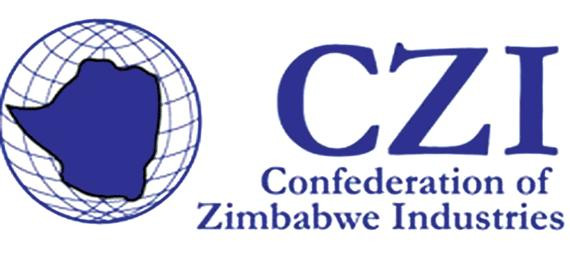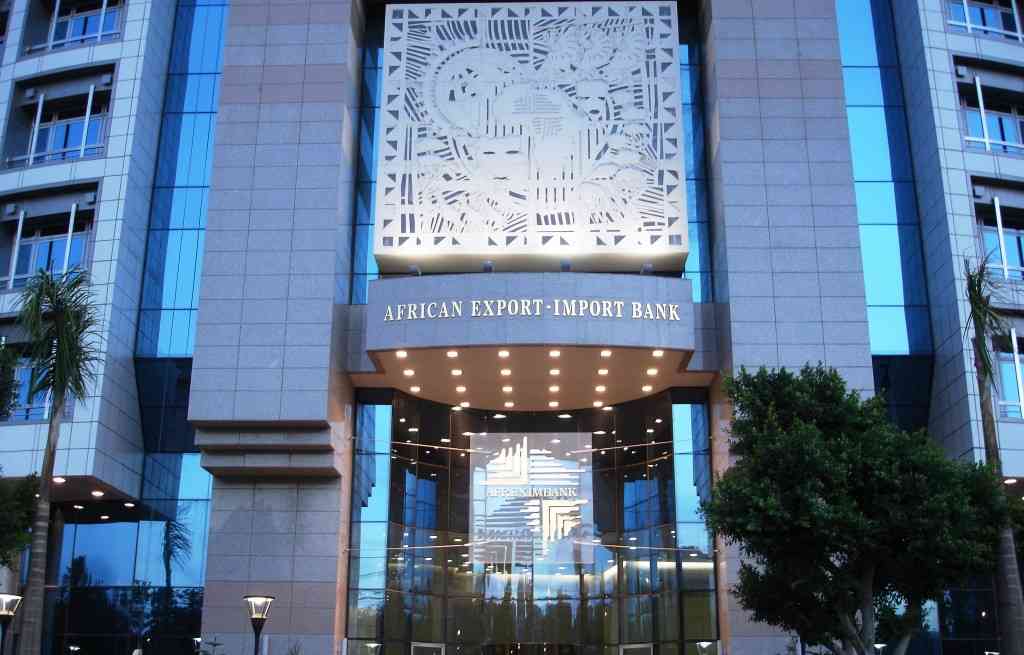
LOCAL industries this week blamed the country’s foreign currency auction system for stoking inflationary fires, as they called for stronger measures to defend volatile markets.
In a paper sent to members last week, the Confederation of Zimbabwe Industries (CZI) said along with the pain inflicted by continuing resilience of annual inflation, money supply growth during the period sparked off currency depreciation, with a build-up in inflationary pressures.
Following aggressive surges, which saw the annual inflation rate hit a high of 285% in August, from 60% in January, the pace of deterioration from September slowed.
But the respite did little to stem the damage to an economy that was already struggling to forestall a sea of troubles including high costs of the greenback and its shortage.
The month-on-month inflation rate increased in the final quarter of 2022.
On the black market, the local unit has tumbled in the past month to about US$1:ZW$1 200, from about US$1:ZW$750 in September last year.
In its note to members, Zimbabwe’s largest industrial body appeared to warn that the deceleration in year-on-year could be transitory.
The CZI said much of last year’s troubles stemmed from the auction system, which it blamed for inflaming the black market.
- Mthuli Ncube abandons struggling consumers
- Fears of jobs carnage as crisis deepens
- Fresh warning over bank rate hikes
- In Conversation with Trevor: ‘Zim must invest in human capital’
Keep Reading
“The year 2022 opened when the foreign currency auction market was the only official foreign currency exchange platform, before the introduction of the willing-buyer, willing-seller platform (WBWS), which is now the official exchange rate determination platform,” CZI said.
“The auction suffered massive settlement delays, which increased traffic to the alternative sources of foreign currency, resulting in further depreciation of the Zimbabwe dollar, hence the inflationary pressure,” CZI said.
In August, the Reserve Bank of Zimbabwe (RBZ) introduced the WBWS platform to help industries raise foreign currency, as it became clear that the auction system was struggling.
But the CZI said still, this platform was held back by the government's continued grip, which stifled its liberalisation.
“The WBWS platform is yet to operate as a fully market-based exchange rate determination system, with authorities trying to manage the depreciation of the rate,” the report said.
“The emergence of a parallel market premium causes distortions; limiting the ability of formal businesses to get foreign currency through sales, while also seeing the parallel market rate becoming the price determination tool. The emerging inflationary pressures in December 2022 can also be explained by the rigid WBWS rate. It is important that the market develops confidence with the WBWS rate in 2023, which can be done if the rigidities are eliminated,” the report noted.
“According to the Reserve Bank of Zimbabwe, broad money increased by 350,4% from October 2021 to October to 2022. An increase in money supply causes demand-pull inflation, when it creates an increase in demand which exceeds an economy’s production capacity,” the CZI added.
It said the increase in money supply had resulted in the depreciation of the exchange rate as holders tried to convert their holdings into foreign currency.
The flood to the black market fuelled inflation, the CZI noted.
The foreign currency auction system was introduced in 2020 to act as a price discovery mechanism after the rate ran riot on the black market.
Rioting rates ended up with rocketing prices in supermarkets, which last year forced the government to respond with tougher policies that sparked a national outcry.
Some of the measures announced in May would be reversed as the government came under pressure to act.
Industries’ latest concern over its operations paints a black patch on a platform that had until now been credited for halting extensive currency battering and helped companies access cheaper foreign currency.










